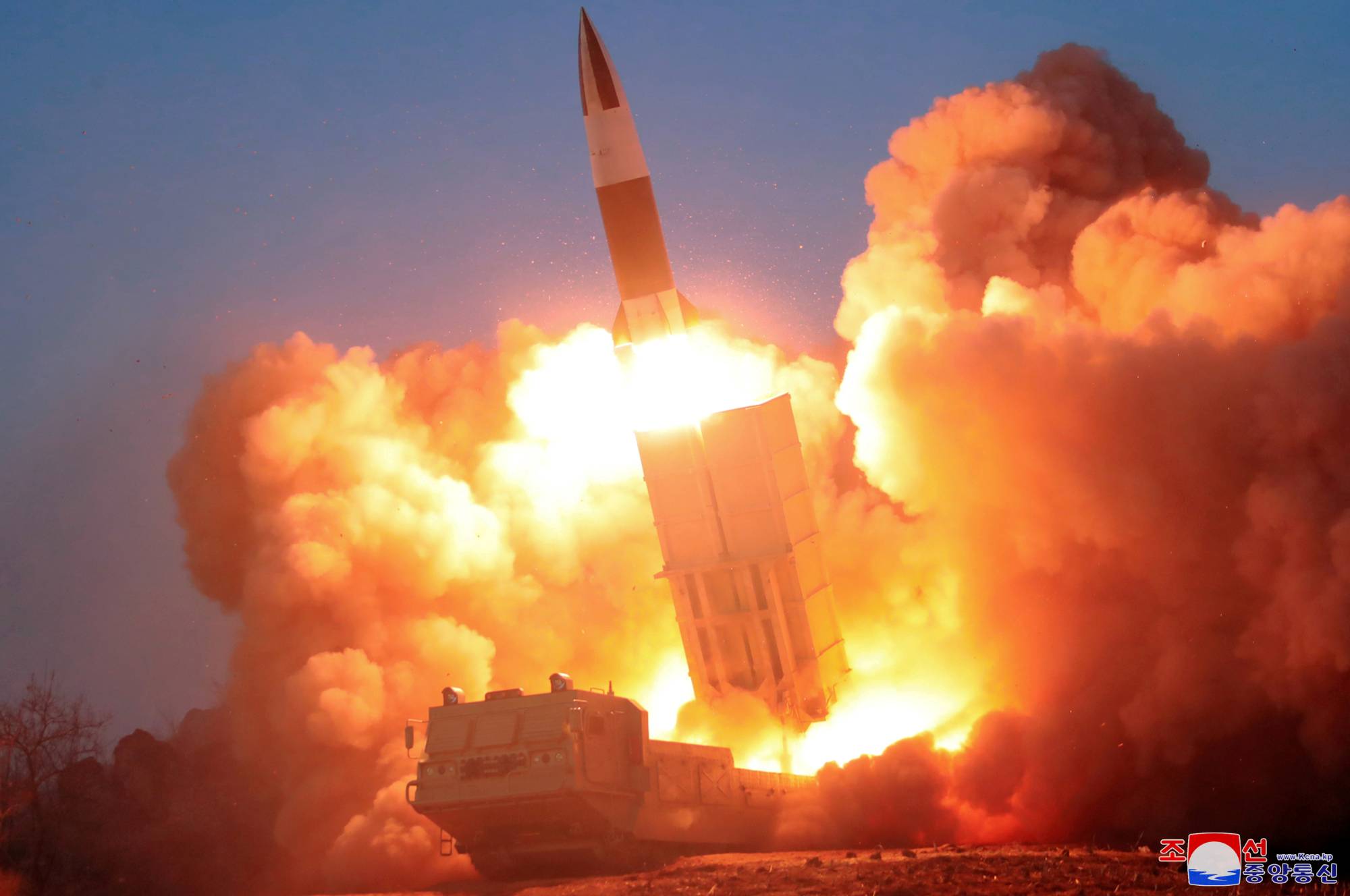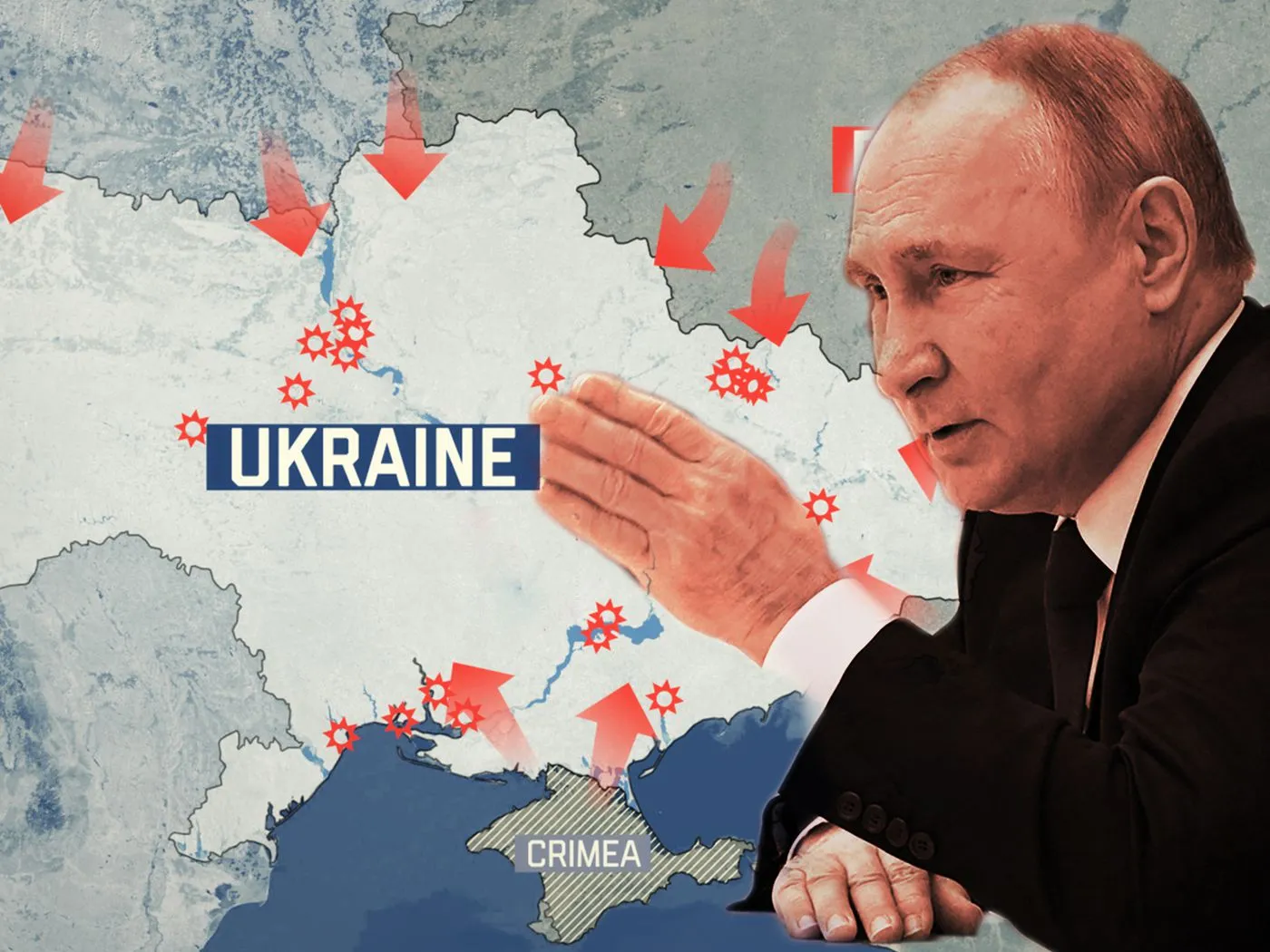In the realm of global politics, few subjects spark as much controversy and concern as the North Korean nuclear dilemma. With each passing day, tensions continue to rise as North Korea’s nuclear program advances, posing a significant threat not only to its neighboring countries but also to global security at large. In this article, we delve into the complexities surrounding this issue and explore the potential consequences of a nuclear-armed North Korea.
Historical background of North Korea’s nuclear program
North Korea’s nuclear program traces its origins back to the early 1950s when the Korean War erupted. The conflict left the Korean peninsula divided, with the Soviet Union supporting the communist North and the United States backing the democratic South. In an attempt to deter further aggression from the U.S., North Korea began exploring nuclear technology.
Throughout the 1960s and 1970s, North Korea sought assistance from various countries, including the Soviet Union and China, to develop its nuclear capabilities. However, it wasn’t until the 1980s that significant progress was made. North Korea joined the Treaty on the Non-Proliferation of Nuclear Weapons (NPT) in 1985 but later withdrew in 2003, signaling its intention to pursue nuclear weapons.
Despite international condemnation and economic sanctions, North Korea conducted its first nuclear test in 2006. Since then, it has conducted multiple tests, steadily advancing its nuclear program and increasing the size and sophistication of its arsenal.
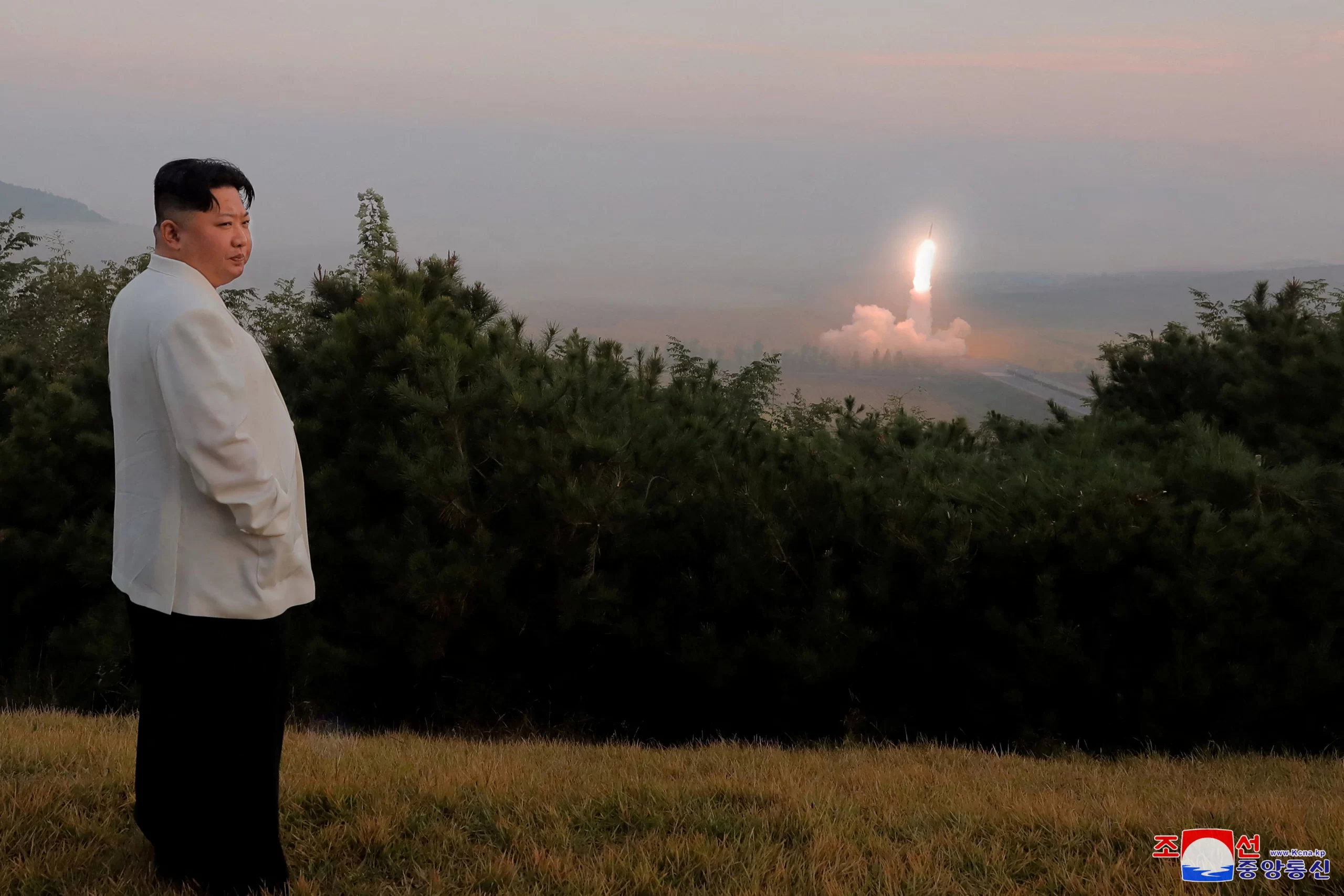
The international response to North Korea’s nuclear program
The international community has responded to North Korea’s nuclear program with a mix of diplomatic efforts and economic sanctions. The United Nations Security Council has passed several resolutions imposing sanctions on North Korea, aiming to limit its access to funds, technology, and resources necessary for its nuclear program. These sanctions have targeted North Korea’s trade, banking, and arms proliferation activities.
In addition to sanctions, diplomatic negotiations have been attempted to address the North Korean nuclear issue. The Six-Party Talks, involving China, Japan, Russia, South Korea, the United States, and North Korea, were held intermittently between 2003 and 2009. However, these talks failed to produce a lasting solution, with North Korea withdrawing from the negotiations in 2009.
Key players in the North Korean nuclear dilemma
Several key players are involved in the North Korean nuclear dilemma, each with their own interests and perspectives. The United States, as a major global power, has been at the forefront of efforts to address the issue. It has sought to prevent North Korea from becoming a nuclear-armed state, viewing it as a threat to regional stability and U.S. national security.
China, as North Korea’s closest ally and largest trading partner, plays a crucial role in influencing North Korea’s behavior. While China has supported UN sanctions against North Korea, it has also been reluctant to exert excessive pressure on its neighbor, fearing a collapse of the regime and the resulting instability on its border.
South Korea, with its proximity and historical ties to North Korea, has a vested interest in the resolution of the nuclear issue. It has pursued a policy of engagement, known as the Sunshine Policy, aimed at fostering dialogue and cooperation with the North. However, recent provocations by North Korea have strained inter-Korean relations.
The impact of North Korea’s nuclear program on regional and global security
The North Korean nuclear program poses significant threats to both regional and global security. Regionally, it has heightened tensions on the Korean peninsula and destabilized the delicate balance of power in Northeast Asia. North Korea’s possession of nuclear weapons has raised concerns among its neighboring countries, including Japan and South Korea, which fear being targeted by North Korean aggression.
On a global scale, the North Korean nuclear program has triggered fears of nuclear proliferation. The proliferation of nuclear weapons to other rogue states or non-state actors could have catastrophic consequences for international security. The possibility of North Korea providing nuclear technology or materials to terrorist organizations is a particularly alarming scenario.
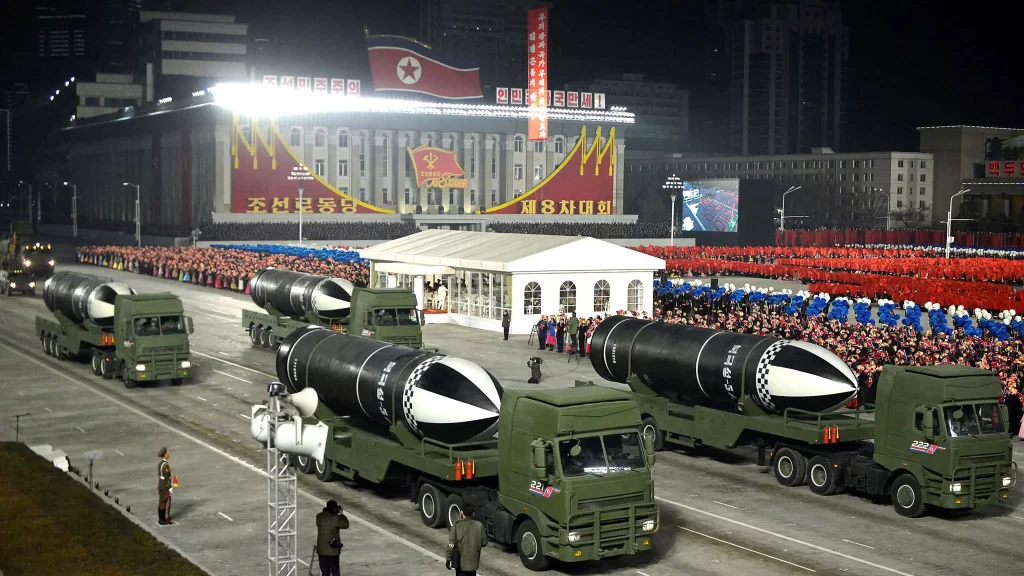
Diplomatic efforts to address the North Korean nuclear issue
Diplomatic efforts to address the North Korean nuclear issue have been ongoing for decades, but progress has been limited. The Six-Party Talks, as previously mentioned, aimed to find a peaceful resolution through negotiations and the provision of economic aid to North Korea. However, these talks failed to achieve their objective, with North Korea continuing to advance its nuclear program.
In recent years, there have been renewed diplomatic efforts to engage North Korea, most notably through direct summits between North Korean leader Kim Jong-un and U.S. President Donald Trump. While these summits have generated significant media attention, they have not resulted in concrete denuclearization commitments from North Korea.
Economic sanctions and their effectiveness in deterring North Korea
Economic sanctions have been a key tool used by the international community to deter North Korea’s nuclear ambitions. These sanctions aim to restrict North Korea’s access to funds, technology, and resources necessary for its nuclear program. However, the effectiveness of these sanctions has been questioned.
Despite the imposition of multiple sanctions, North Korea has managed to find alternative ways to generate revenue and sustain its nuclear program. Illicit activities, such as cyberattacks, arms smuggling, and illicit trade, have helped North Korea evade sanctions and continue its nuclear pursuits. The resilience of the North Korean regime and its ability to adapt to sanctions have undermined their effectiveness.
The potential consequences of military action against North Korea
Military action against North Korea carries significant risks and potential consequences. A preemptive strike on North Korea’s nuclear facilities could trigger a full-scale war on the Korean peninsula, resulting in massive casualties and widespread destruction. The proximity of Seoul, the capital of South Korea, to the border makes it particularly vulnerable to North Korean artillery and missile attacks.
Furthermore, a military strike could provoke retaliation from North Korea, potentially leading to an escalation of the conflict. North Korea’s possession of nuclear weapons adds an additional layer of complexity to any military action, as it could potentially use nuclear weapons in response to an attack.
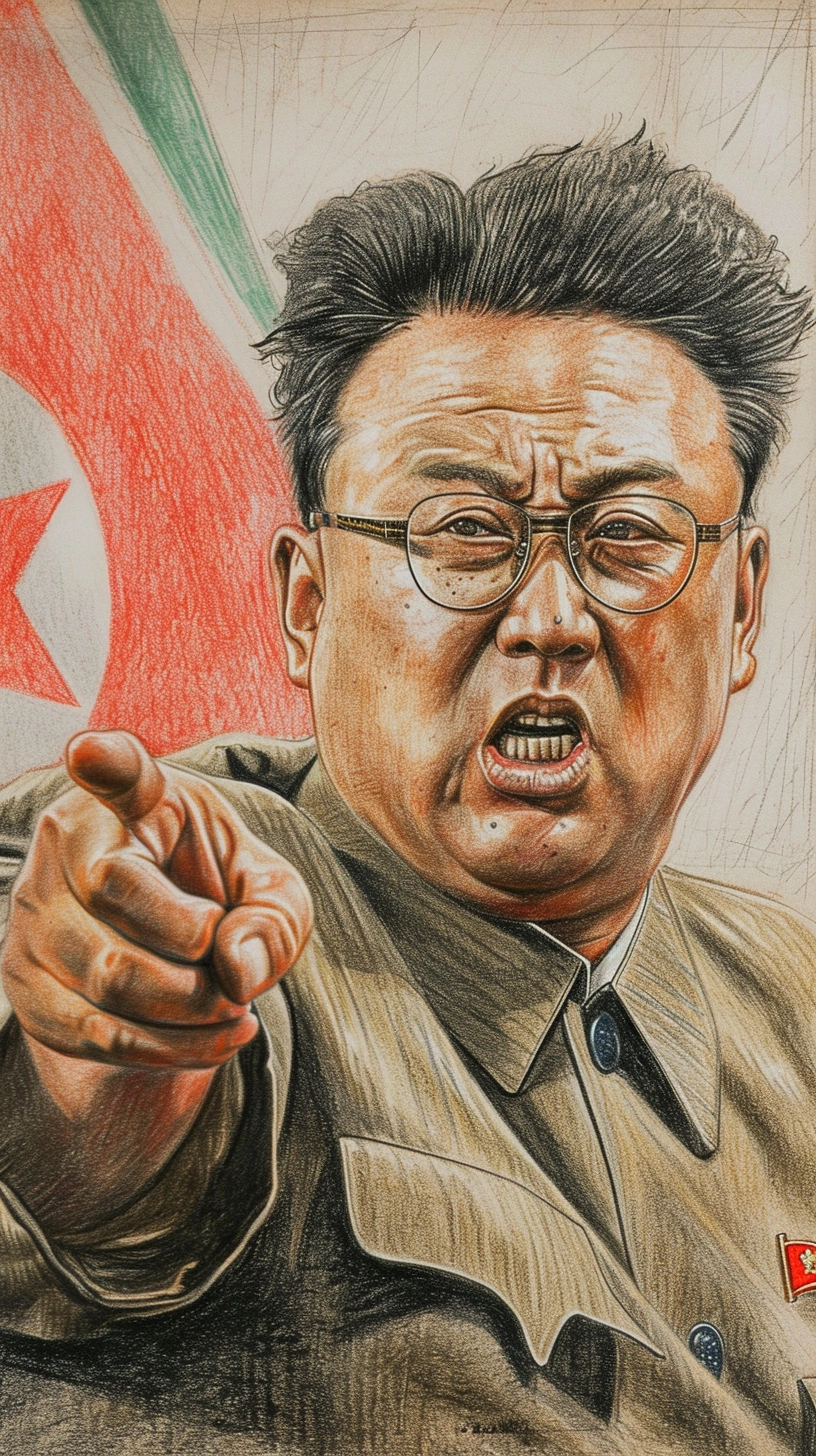
Possible solutions to the North Korean nuclear dilemma
Resolving the North Korean nuclear dilemma requires a combination of diplomatic, economic, and security measures. Diplomatic negotiations should continue, with a focus on achieving verifiable and irreversible denuclearization. Engaging North Korea diplomatically, while maintaining pressure through sanctions, is crucial to finding a peaceful resolution.
Efforts to address the underlying security concerns of North Korea, such as providing security guarantees and economic assistance, could help build trust and incentivize denuclearization. Regional cooperation, particularly involving China and other regional powers, is essential to effectively address the issue and maintain stability in Northeast Asia.
Future prospects for resolving the North Korean nuclear issue
The North Korean nuclear dilemma remains one of the most pressing challenges in global politics. Its potential consequences, including regional instability and nuclear proliferation, cannot be ignored. While diplomatic efforts and economic sanctions have been employed, finding a lasting solution remains elusive.
The future prospects for resolving the North Korean nuclear issue depend on the willingness of all parties involved to engage in meaningful dialogue and compromise. It requires a delicate balance between pressure and incentives, as well as a recognition of the security concerns and interests of all stakeholders. Only through sustained and coordinated international efforts can we hope to achieve a peaceful and denuclearized Korean peninsula.
If you found this exploration insightful, we invite you to delve deeper into the intricacies of international relations by considering our comprehensive analysis of NATO’s strategic importance and its role in maintaining global peace and security. Together, by understanding these critical issues, we can contribute to a more informed and peaceful world.

